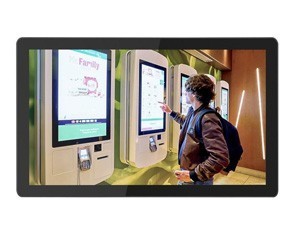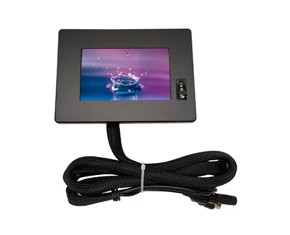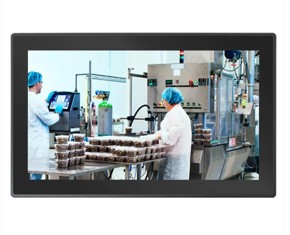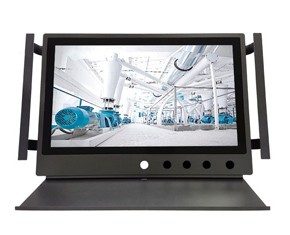Feb. 23, 2024
Embedded computers play a pivotal role in various technological applications, from consumer electronics to industrial machinery. This guide aims to provide a comprehensive understanding of embedded computers, their applications, and key considerations when choosing or working with them.
Embedded computers are specialized computing systems integrated into other devices to perform dedicated functions. They are designed to operate seamlessly within the constraints of specific applications, offering tailored solutions for diverse industries.
Explore the vast range of applications for embedded computers, from automotive systems and medical devices to smart appliances and industrial automation. Understanding the specific needs of each industry helps in selecting the right embedded solution for a given task.
Delve into the hardware architecture of embedded computers, including microprocessors, memory, and peripherals. Different applications demand various hardware configurations, and a thorough understanding of these components is essential for effective utilization.
Learn about the operating systems commonly used in embedded systems. Real-time operating systems (RTOS) are prevalent, ensuring precise control over tasks and responses, making them ideal for applications where timing is critical.
Familiarize yourself with programming languages suitable for embedded systems. C and C++ are widely used due to their efficiency and ability to interface with hardware. Understanding the nuances of embedded programming is crucial for developing reliable applications.
Explore factors such as power consumption, size, and environmental conditions when selecting embedded solutions. Tailoring the choice to the specific requirements of the application ensures optimal performance and longevity.
A: In most cases, embedded systems are designed with fixed hardware. Upgrading may involve replacing the entire system, making it essential to plan for future requirements during the initial design phase.
A: Embedded systems are dedicated to specific tasks, often with minimal user interfaces. General-purpose computers, on the other hand, are versatile and designed for a wide range of applications.
A: Security measures vary, but embedded systems can be designed with robust security features. Implementing encryption and secure protocols is crucial, especially in applications where data integrity is paramount.



Capacitive Vs Resistive Touch Screens: When to Choose?
Mar. 14, 2025

How to Choose Capacitive Touch Monitors
Dec. 27, 2024